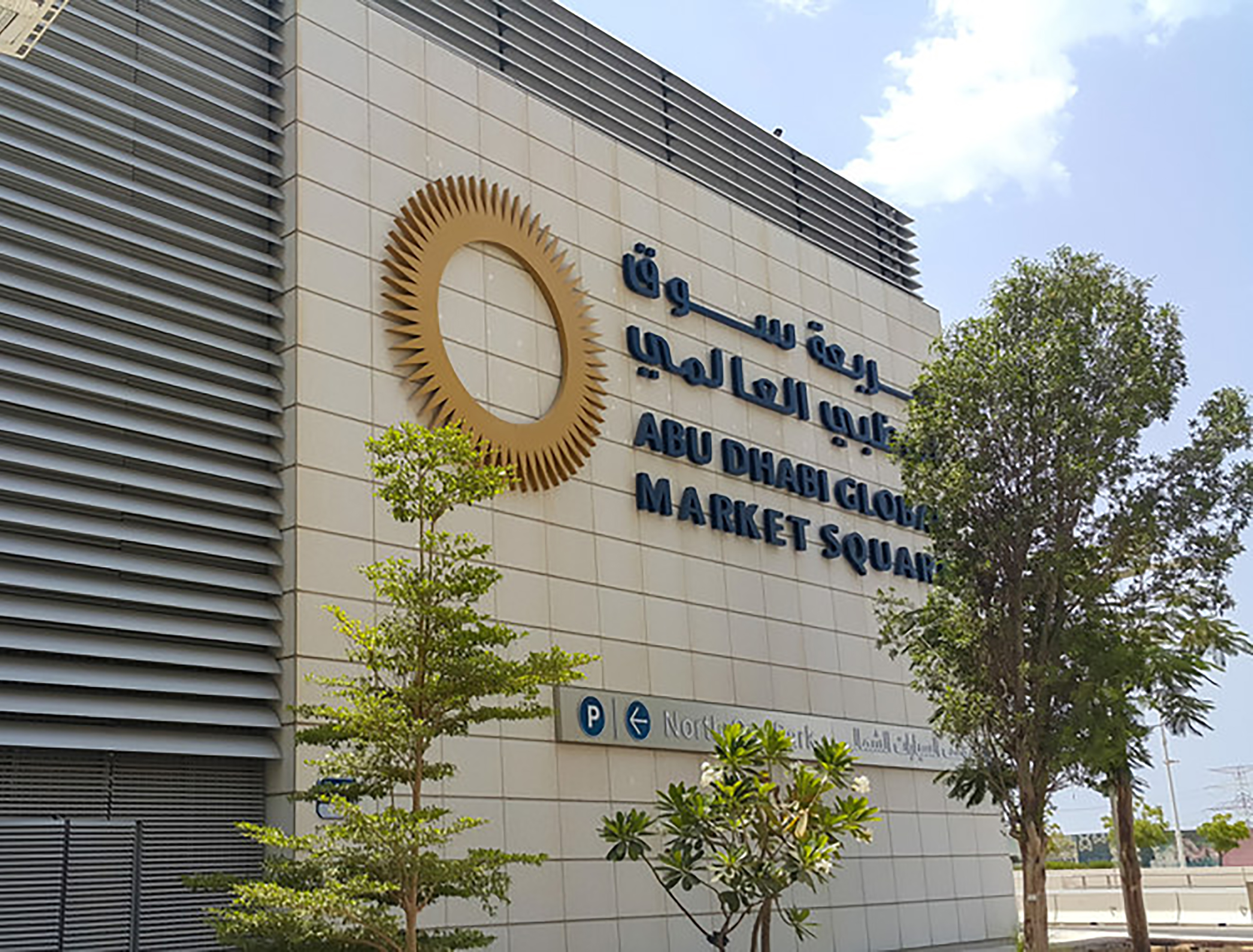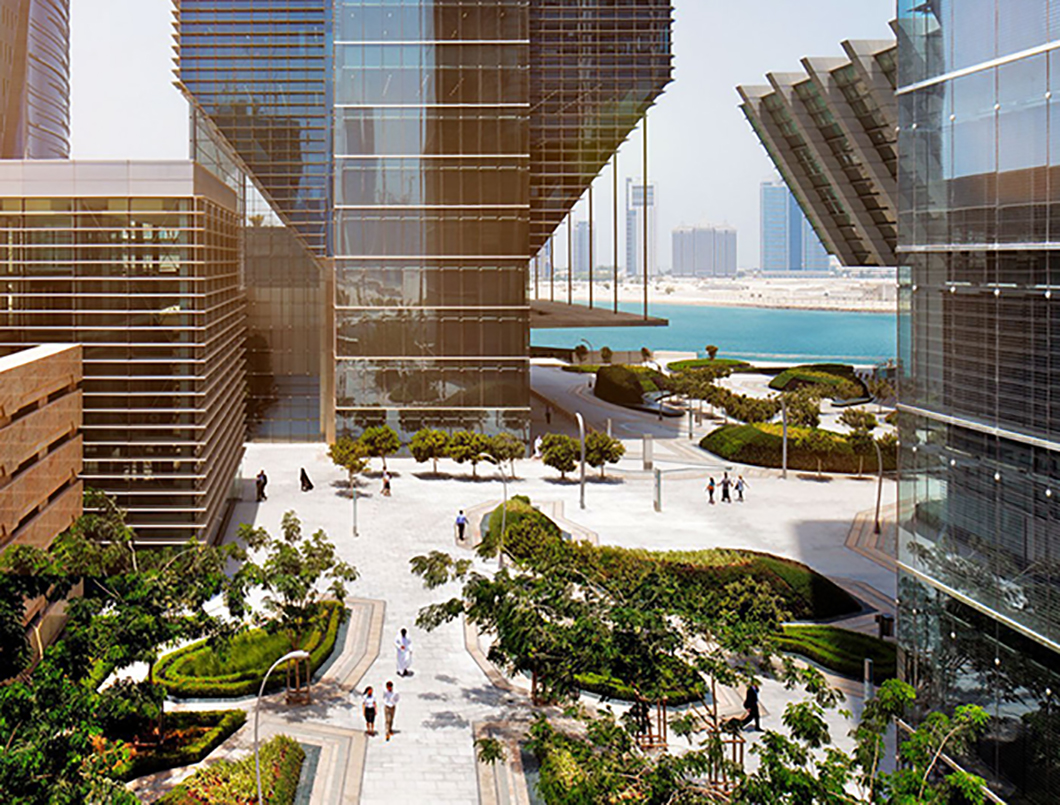
Close

Approach Words: Environment Preservation, Sustainability, Urban Livability
Public Policy Instruments: Financial Mechanism, Organization, Regulatory
Carbon trading is a mechanism adopted globally to incentivize countries to reduce their carbon emissions for financial benefits. It operates through carbon markets, which commodify carbon dioxide emissions by applying monetary values to themi 1. In this system, a country or organization may sell its remaining ‘carbon balance’ to other nations who are exceeding their carbon emission allowance. They were necessitated as a result of the Kyoto protocol and the Paris Agreement of 2015, putting pressure on organizations to reduce their carbon footprint2.
In 2022, Singapore-based company, Air Carbon Exchange (ACX), established offices at the Abu Dhabi Global Market (AGDM)ii to regulate voluntary carbon credits as financial instruments3. It does through Environmental Instrument classification, which is a regulatory instrument to facilitate the licensing of exchanges and clearing houses for multiple typologies of carbon markets4. This makes ACX Abu Dhabi the first exchange and clearing house that offers environmental instruments in the form of carbon dioxide credits5.

Title: https://www.adgm.com/about-adgm/overview
Source: Click Here

Title: The Abu Dhabi Global Market site.
Source: Click Here
There are seven types of products6 supported by ACX Abu Dhabi, each supported by its set of specifications:

Owner/Developer (Public)

Owner/Developer
While there is much debate regarding the transparency of voluntary carbon credits, ACX has committed to offer a transparent and efficient trading experience with fair price discovery, that is, a thorough process by which the market price of carbon assets will be determined. It also plans to establish a regulated clearing house to oversee commodity custody, clearing, and settlement operations.
Project Link
Endnotes
References